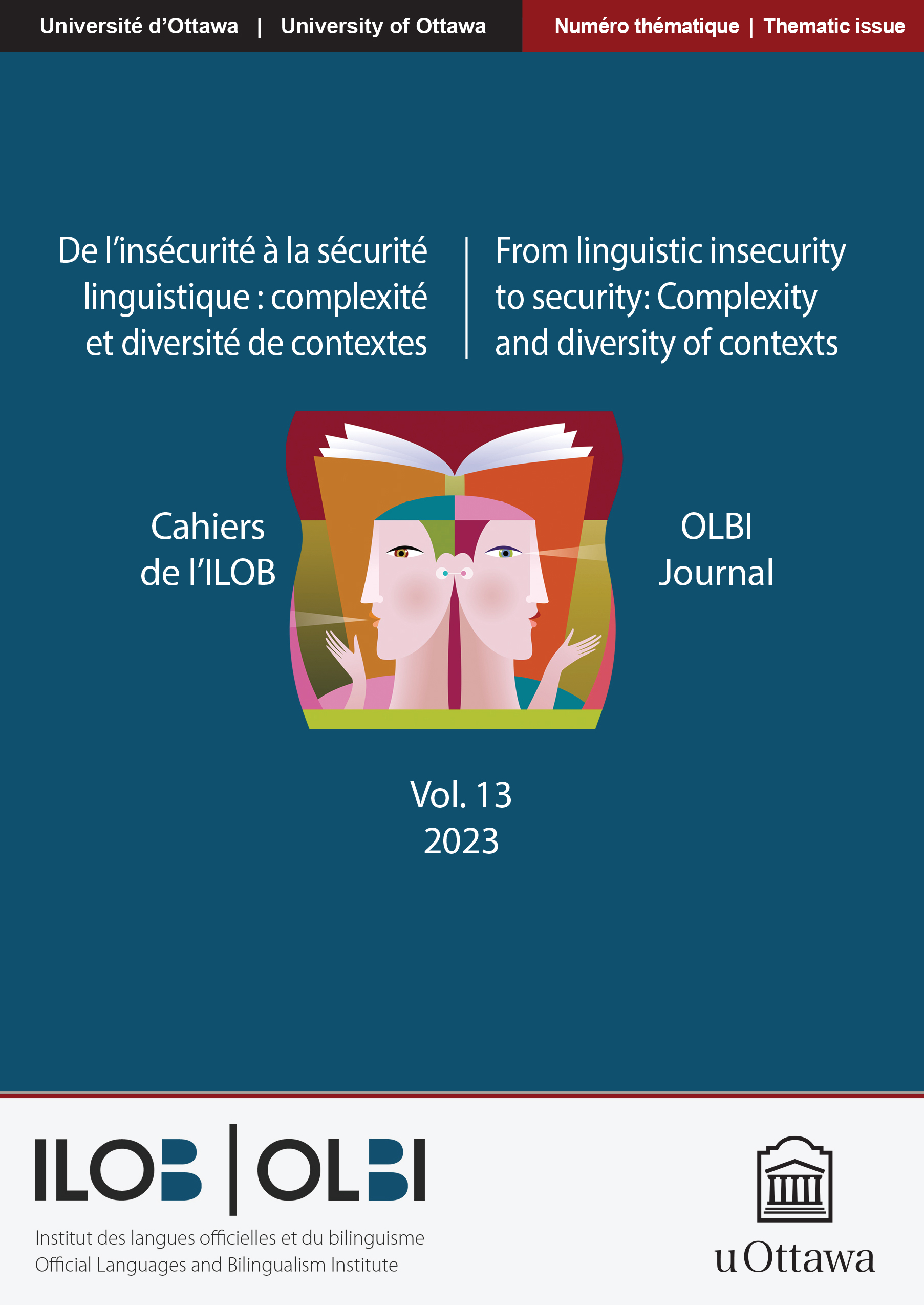Linguistic anxiety, insecurity, and fulfilment of bilingual parenting: Emotional complexities experienced by Chinese immigrant families
DOI:
https://doi.org/10.18192/olbij.v13i1.6631Keywords:
linguistic anxiety, bilingual parenting, emotion, heritage language, societal languageAbstract
This study explores the emotional dimensions of language within three Chinese–Australian families raisingMandarin English bilingual children. Employing ethnographic methods including interviews, observations, and the collection of literacy evidence, it delves into the families’ migration stories, language ideologies, and emotional experiences. Additionally, the study examines the factors influencing family language policies (FLPs) and the emotional climate surrounding language within these households. The research reveals that these families grappled with the dual challenges of maintaining their children’s heritage Chinese while ensuring their competitiveness in mainstream English. These societal and familial pressures conditioned parents’ emotions and the decisions they make regarding FLPs. The study uncovers the intricate interplay between parents’ emotional states, their children’s bilingual dynamics, changes in FLPs within the hierarchically constructed linguistic landscape. It underscores the significance of power relations in shaping FLPs and highlights the pivotal role of children’s heritage language bilingualism in contributing to the overall well being of the immigrant families.
Downloads
Published
Issue
Section
License
Copyright (c) 2023 Yining Wang

This work is licensed under a Creative Commons Attribution 4.0 International License.
Authors who publish with OLBI Journal agree to the following terms:
- Authors retain copyright and grant the OLBI Journal (OLBIJ) right of first publication with the work simultaneously licensed under a Creative Commons Attribution License that allows others to share the work with an acknowledgement of the work's authorship and initial publication in the OLBIJ.
- Authors are able to enter into separate, additional contractual arrangements for the non-exclusive distribution of the OLBIJ's published version of the work (e.g., post it to an institutional repository or publish it in a book), with an acknowledgement of its initial publication in the OLBIJ.
- Authors will not simultaneously submit the same piece of work for possible publication to more than one academic journal at a time.


